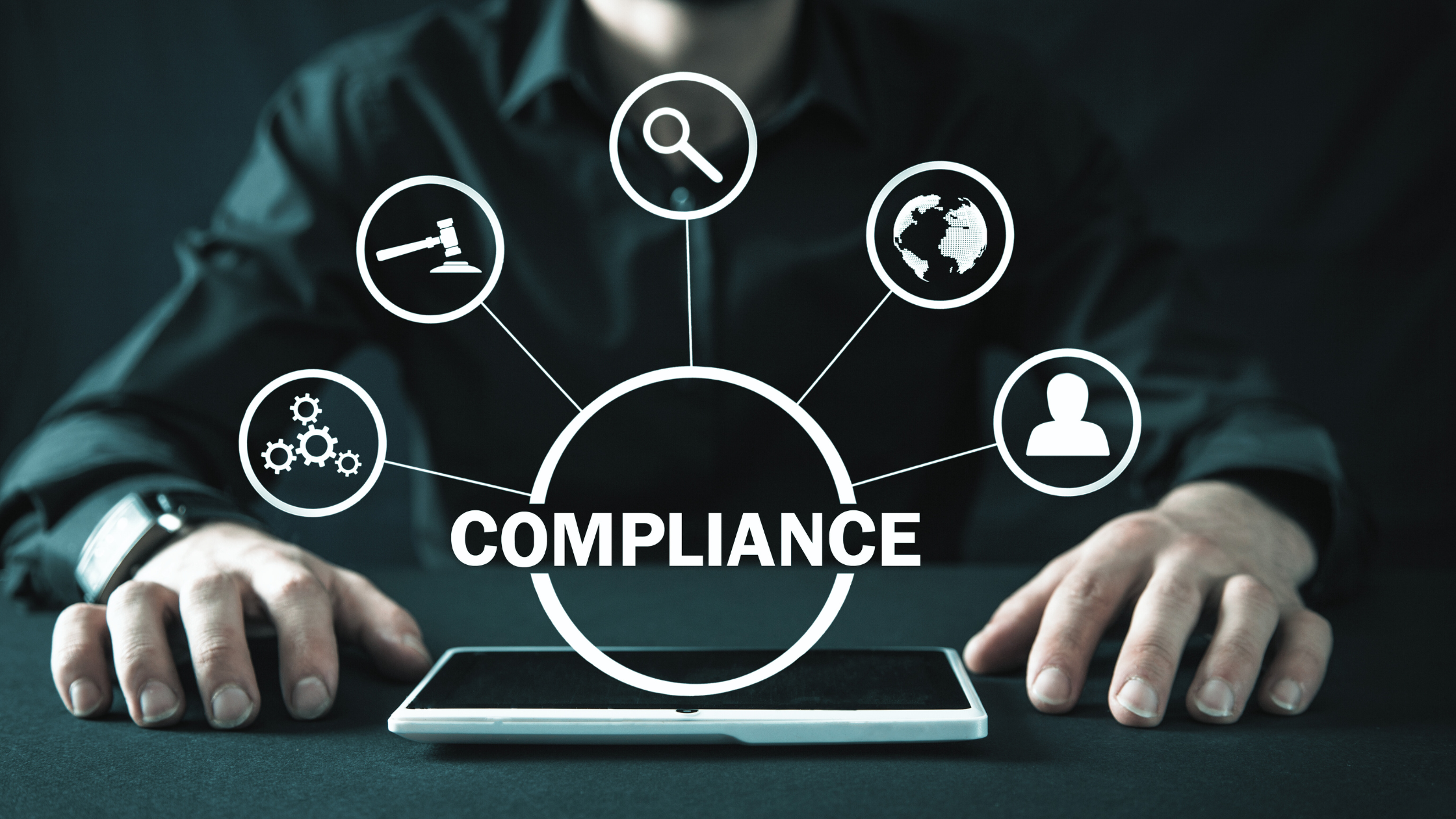
Have you ever casually mentioned a product or service near your phone, only to see ads for it on social media moments later? It’s no coincidence—your phone is listening. But there’s something even more concerning: your devices are also tracking you. From your phone itself to the apps you download, there are countless ways your device can monitor your location.
If this worries you, you’re not alone. In this article, we’ll discuss why phone tracking is dangerous, the top six ways your device might be following you, and what you can do to regain control.
Why Is Phone Tracking Dangerous?
For business owners like you, data privacy isn’t just a personal concern—it’s also a significant risk for your business. The data collected through phone tracking is highly valuable, not only to marketers but also to cybercriminals. Here’s why allowing your phone to track you is a no-go:
-
Privacy Invasion: Apps, websites, and third parties collect extensive data about your location, habits, and behaviors—often without your full awareness. This can lead to unwanted surveillance, targeted ads, or even more dangerous tracking.
-
Identity Theft and Fraud: If cybercriminals gain access to your tracking data, they can piece together personal and business details, enabling identity theft, financial fraud, or unauthorized access to sensitive accounts.
-
Physical Security Risks: Real-time location data can expose you to threats. Criminals could use it to track your whereabouts or predict your movements, leaving you vulnerable to targeted attacks.
Six Ways Your Phone Is Tracking You—and How to Stop It
-
Location Services: Your phone’s GPS and location settings track your movements and make assumptions about places like your workplace or home. While convenient, this constant tracking poses serious risks.
- How to Turn It Off:
- iPhone: Go to Settings > Privacy & Security > Location Services. Toggle off or manage app permissions. Under System Services, disable Significant Locations and clear your history.
- Android: Go to Settings > Location > App Permissions to disable tracking or clear location history.
- How to Turn It Off:
-
App Permissions: Apps often request unnecessary access to your contacts, camera, and more. Regularly reviewing these permissions is crucial for your privacy.
- How to Manage It:
- iPhone: Go to Settings > Privacy & Security to review and adjust permissions.
- Android: Go to Settings > Apps > Permissions to manage data access for each app.
- How to Manage It:
-
Wi-Fi and Bluetooth Connections: Your phone scans for networks and devices, revealing your location history.
- How to Control It:
- iPhone: Swipe down to disable Wi-Fi and Bluetooth or go to Settings for full control.
- Android: Go to Settings > Location > Wi-Fi & Bluetooth and disable scanning.
- How to Control It:
-
Browsing Activity: Web browsers and apps track your online behavior to serve ads or sell data.
- How to Limit It:
- iPhone & Android: Use private browsing, clear your history often, and disable tracking settings like Web & App Activity in Google Chrome.
- How to Limit It:
-
Ad Tracking: Your phone assigns an advertising ID to monitor your behavior across platforms.
- How to Disable It:
- iPhone: Go to Settings > Privacy & Security > Tracking and turn off tracking requests.
- Android: Go to Settings > Privacy > Ads and opt out of ad personalization.
- How to Disable It:
-
Social Media and Search Engines: Platforms like Facebook and Google build profiles on you to serve targeted ads.
- How to Reduce Tracking:
- Social Media: Check each platform’s settings to review data collection.
- Google: Go to your Google account settings to limit tracking.
- How to Reduce Tracking:
Why This Matters for Business Owners
For business owners, protecting your privacy goes hand-in-hand with securing your business. The same tracking methods that monitor your location can also put your company at risk. Hackers, cybercriminals, and even competitors could use this information to gain an advantage, putting your business’s data and reputation on the line.
By limiting your phone’s tracking capabilities, you’re not only protecting your personal privacy but also safeguarding your business. A proactive approach to cybersecurity helps prevent data breaches, identity theft, and targeted attacks.
Take Action Today: If you’re serious about protecting your business, don’t wait for a problem to arise. Schedule a FREE Security Risk Assessment with our team. We’ll identify vulnerabilities and tailor solutions to keep your company safe. Click here or call us at 440-322-4537 to get started.






